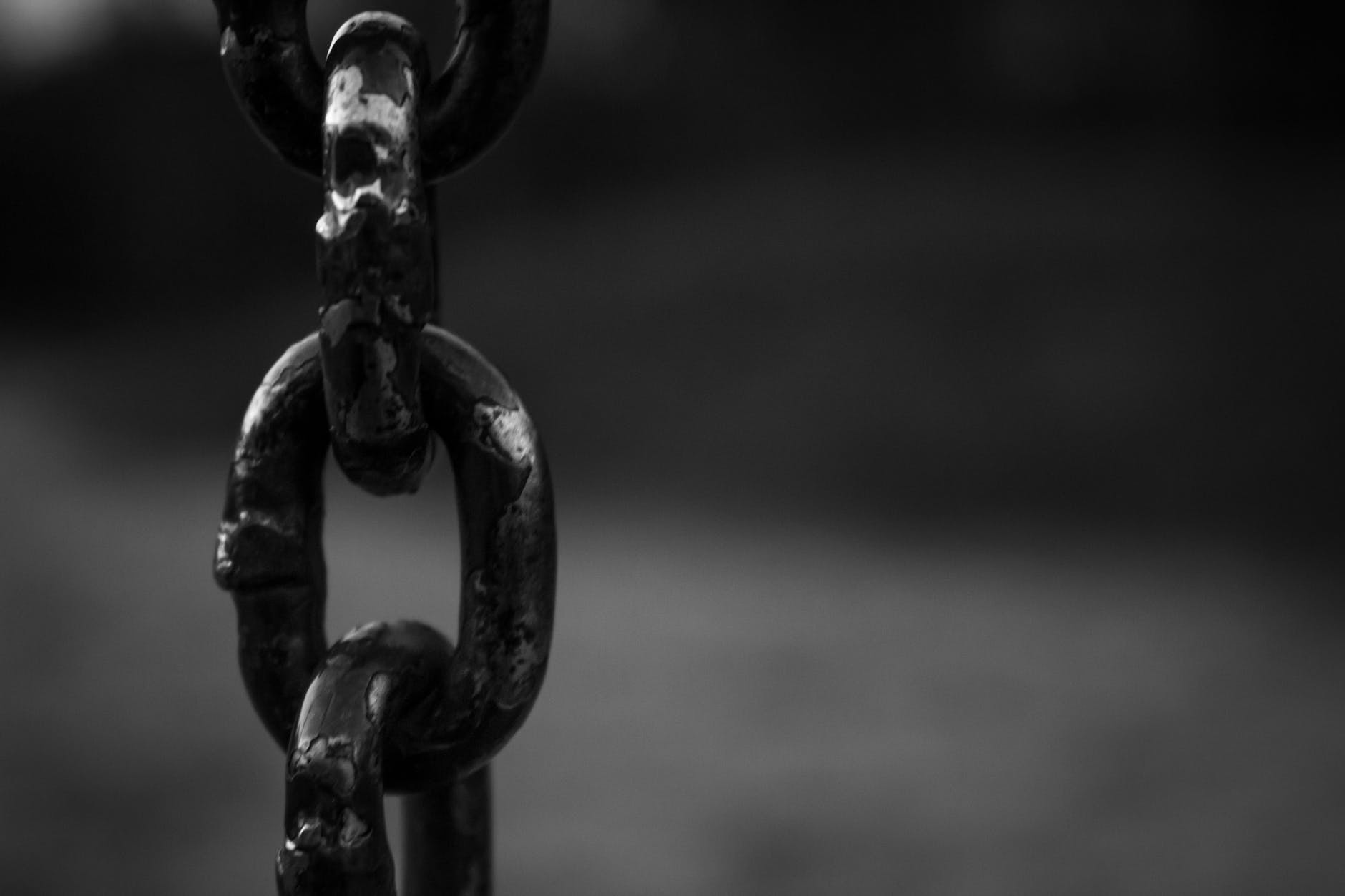We are in the midst of one of the worst global pandemics of a century. What does it have to do with healthcare and Christian mission? There are many lessons we are learning. But one clear message is that this pandemic is much more than the disease of COVID-19. While preparations, PPE, and medical care are vital, we are also learning how to respond to many non-medical issues. As a mission agency we are considering a multitude of threats which COVID-19 has revealed — from loss of livelihood, disruption of education, family breakdown, and loss of social cohesion. Loss of freedom and bondage are especially evident among those with fewer resources.
A snapshot of this disruption is captured by quotes from local pastors during trainings over the last few months done by the Maternal and Newborn Community Health project of Kijabe Hospital, Kenya.
- “The church is full of fear… We have noticed even the titles like Pastors and Reverend are of no value when we cannot place food on the table; we are forced to do any available job. COVID-19 has reduced us to nothing.”
- “Most marriages are separating, the wives are going upcountry or the village and husband is remaining in the slum.”
- “.. we are anticipating a major social crisis in the next year in this region, especially teenage mothers.”
- “..experiencing suicidal cases in this slum, something that was not common.”
- “.. more domestic violence..”
- “..parents are exposing their children to early sex, especially when they lack food, children are forced to prostitution to earn from long distance truck drivers..”
- “..family assaults.”
- “..child abuse.”
On the positive side:
- “We are revisiting how to prudently manage finance and resources we have.”
- “We are sharing the little we have with the needy.”
Our healthcare workers are already working hard to care for those ill with COVID-19, and in many cases don’t have time, energy or expertise to address these other foundational issues. And what can be done about family dysfunction, lack of employment, anxiety and loss of hope? What can be done by beyond our medical and public health responses?
The answer is that much can be done! The good news of the gospel, centered on the death and resurrection of our Lord Jesus, impels us to enter into these sufferings and address all of life, not only the brokeness of our relationship to God but also the brokeness of our fellow human beings.
A powerful reminder of God’s care for mankind in both dimensions is the Jewish feast of Jubilee. The Jubilee was designed by God to restore land to families that had sold land due to poverty and economic hardship; it was a mechanism that protected extended families from a downward spiral of poverty. Leviticus 25: 10-12 reads
Jubilee was one of the many provision God built into His law to counteract the effects of sin and greed, and protect His people — keeping family and livelihood together. It was meant to be an overflow of His grace; the very word “Jubilee” is also translated “liberty” or “freedom.” God’s goodness provided practical means of overcoming economic bondage and slavery.
Christopher Wright points to the Jubilee as “God’s Model of Restoration,” in The Mission of God. “What God required of Israel in God’s land reflects what in principle he desires for humanity on God’s earth — namely, broadly equitable distribution of the resources of the earth, especially land, and a curb on the tendency to accumulation with its inevitable oppression and alienation.” Jesus himself carries this Jubilee theme as he declares His own mission statement (based on Isaiah 61) in Luke 4:18-19, saying
18 “The Spirit of the Lord is on me, because he has anointed me
to proclaim good news to the poor.
He has sent me to proclaim freedom for the prisoners
and recovery of sight for the blind,
to set the oppressed free,
19 to proclaim the year of the Lord’s favor.”[a]
Thus our mission to proclaim good news to the poor (by our words) is designed to accompany efforts to set the oppressed free by attending to issues of oppression, debt, and economic slavery. And since this kind of freedom is not possible by our own efforts, it should cause us even more to marvel at the grace of the Lord Jesus Christ, grateful for His cross — both in saving us from sin as well as restoring brokenhearted and oppressed people.
All this must humble us as we think of these African pastors and their dilemma. The Lord hears their cry both for the spiritual darkness which surrounds them as well as the social and systemic effects of sin — in the midst of the physical challenges of the COVID-19 pandemic. We join them in making the good news of Jesus known in their communities, confident that He has put His people there in order to speak His words and show His deeds of love to hurting communities. “Mission” is our call to follow Jesus as He redeems and restores broken communities.


Leave a Reply